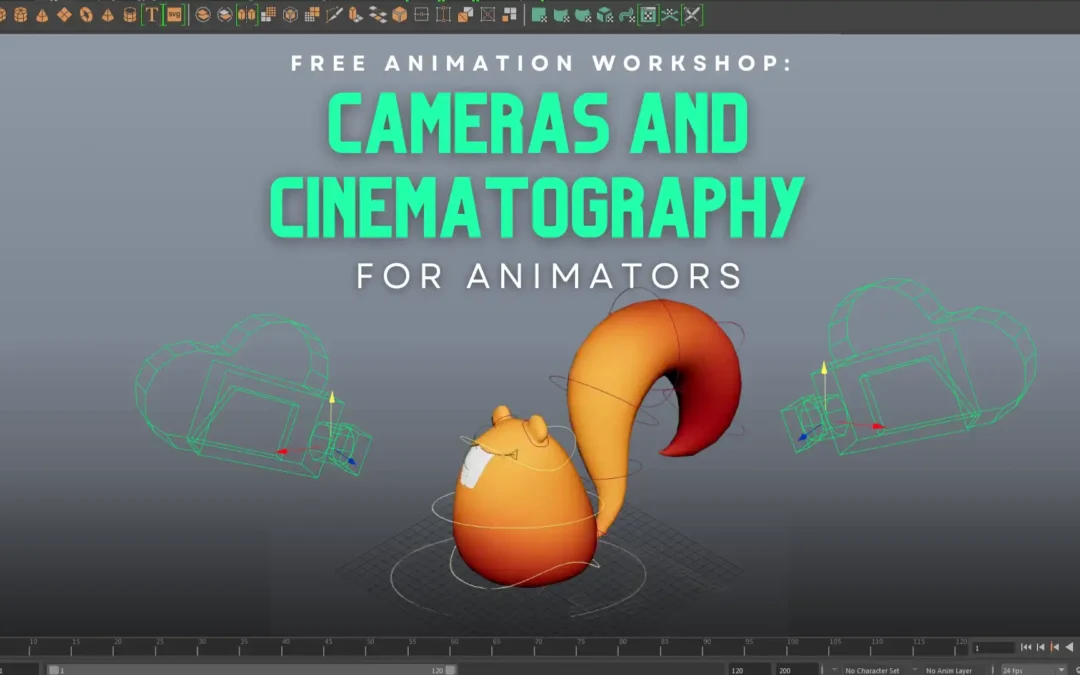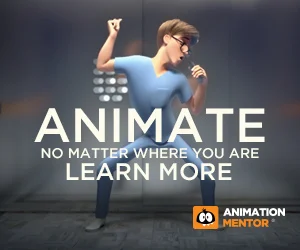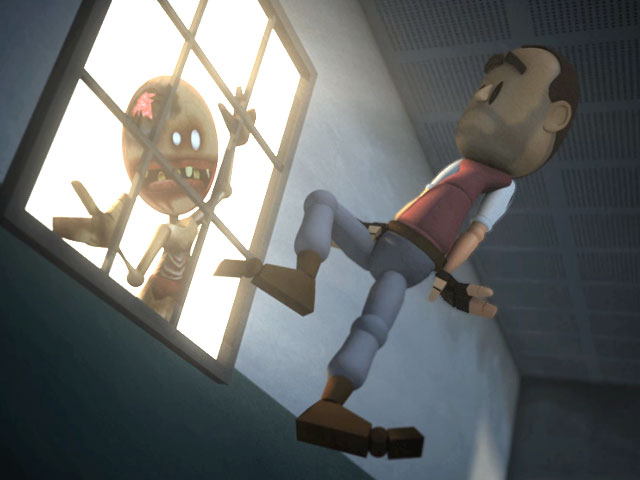
Blue Sky Senior Animator and Animation Basics Mentor, Ray Ross has his very own 6 tips to keep you on your journey in becoming an animator. Hear it from Ray on how you can stay motivated, inspired, and how it’s the struggle to get you to the TOP! Read, believe, and go animate!
– The Animation Mentor Crew
- Motivation
- Fundamental Understanding of Maya
- Richard Williams “Animator’s Survival Kit”
- Patience
- Time
- Be Part of a Community
Have you decided to pursue a career in animation? Here is a list of things that will help you during your animation journey.
So you’ve made the decision to either start your education in animation or to refine the concepts that you’ve learned in the past. That’s just the first step in a life long process of an animator. Motivation is going to be key in keeping you moving forward and pushing through any difficult times that might arise.
Ira Glass said it best “It takes awhile. It’s gonna take you a while. It’s normal to take a while. You just have to fight your way through that.”

Think of motivation like a bank. You scour the internet for inspiring work, watch movies that get you jazzed and talk to friends that pump you up about animating a shot. Your motivation bank is full and you are inspired to do tons of work. As you begin to put in many sleepless nights animating, you find that maybe your work isn’t where you want it to be. Your motivation bank may start to deplete and you might find it hard to stay inspired. You must remember that this is something that EVERY animator goes through. This just means you are learning!
Knowing that something isn’t working is a big part of the this process. The only way to get better work is to do a lot of it. I like to think of animation as a roller coaster ride of emotions. You will experience days where you are understanding the concepts and things are going smoothly. Your motivation level is high and you will be excited to plan your next test. The next day, you try to animate a shot and you find that you can’t get it to look right.
You must keep yourself motivated! Ask others for help and be proactive in finding a solution. Find things that inspire you and fill that motivation bank. Putting in countless hours studying can become tiring. Everyone needs a break so go outside, observe life and recharge those batteries.
Many of the big studios will either use Autodesk®’s Maya or something very similar to it. It’s important that if you don’t know Maya that you take a course to get familiar with the basics. You can take an introduction to Maya class at AM that will get you on right track on becoming a 3D animator. Animation is something that isn’t software specific, once you understand the principles, you can transfer those skills to any software that a studio is using.
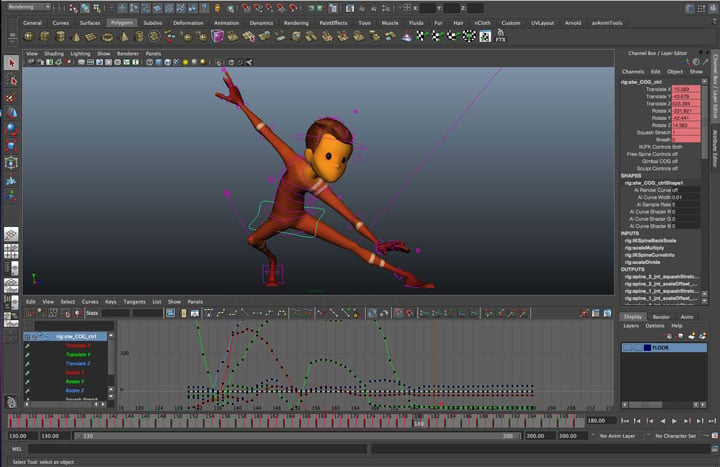
If you haven’t done so already, you should pick up a copy of Richard Williams “Animator’s Survival Kit.” This book will cover everything you will need to know about animation. Every animator that I know has read this book many times and pairing this book with your education at AM will help reinforce the concepts you will learn each week. Purchase a sketchbook and use it to take notes and plan out your work. Write down the concepts you learn and reference back to it if you get stuck.

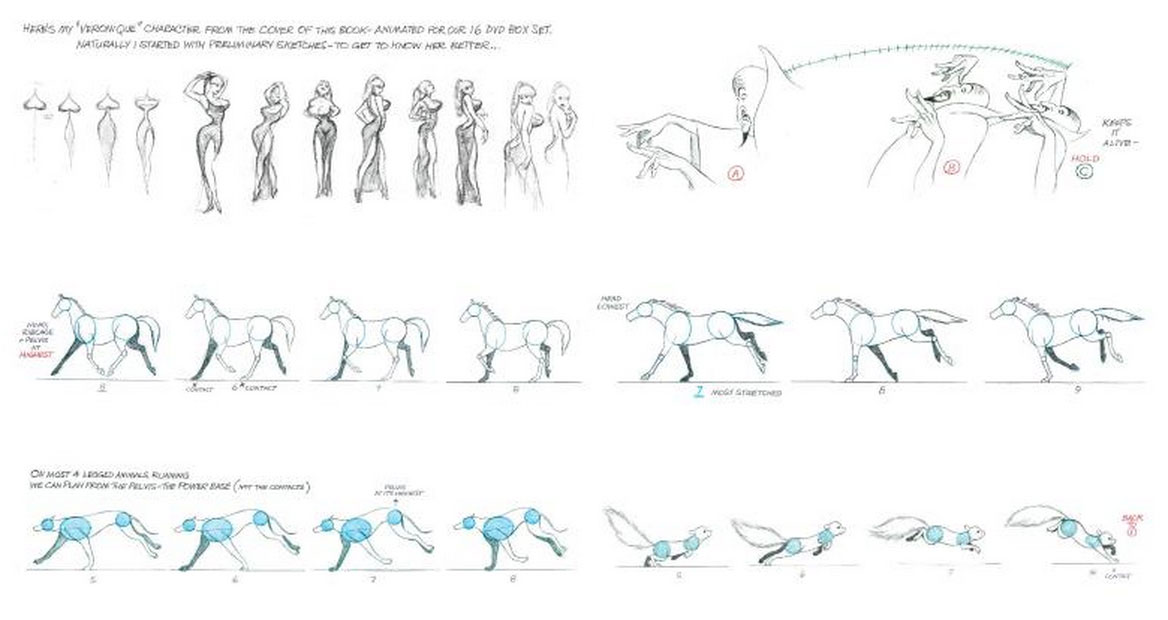

Animation is hard. It takes time to understand the principles and most importantly, you need to have patience. As we mentioned in motivation, you have have to stay inspired and understand that not everyone will grasp the concepts right away. You must stay patient in your journey and realize that learning animation isn’t a race to some finish line. Take it one step at a time, keep things simple and the concepts will start to make sense.

Time is a huge part in becoming an animator. You must put in the time to grasp the concepts and push your work to the next level. I can’t tell you how many hours I put in as a student but what I can say is that it was a lot! Every free moment I had, I would dedicate it to understanding how animation works. A few hours a week just isn’t enough and you need to put in the effort to learn it. This applies to any discipline you study. If you want to get better at it, you have to put in the time. Do a lot of work, it’s the only way you will make mistakes and learn from them. Manage your time wisely and write down a schedule you can realistically dedicate towards practicing animation and try to stick to it.
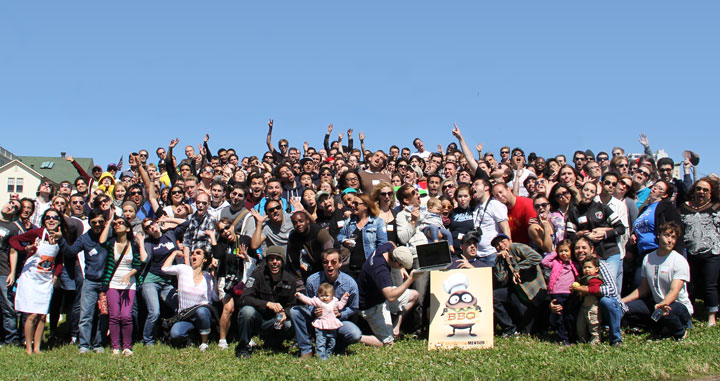
Animation Mentor has the best online animation community in the world! Make friends and help each other out. I find that having friends and mentors to help you with your animation is the fastest way to understand the concepts. Bounce problems off one another and give each other feedback. You are all in it together and having a strong, supportive community makes your journey an easier ride.
Happy Animating!
—
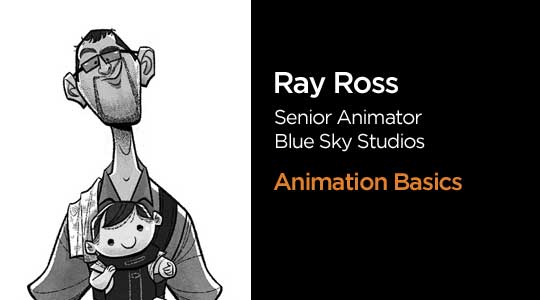
As a Senior Animator at Blue Sky Studios Ray takes the time to get you started on your journey to becoming a professional animator and gives back the knowledge he gained when he first started. Check out his awesome webinar, Meet Your Mentor with Ray Ross with Bobby Beck! (Requires Adobe Flash)

